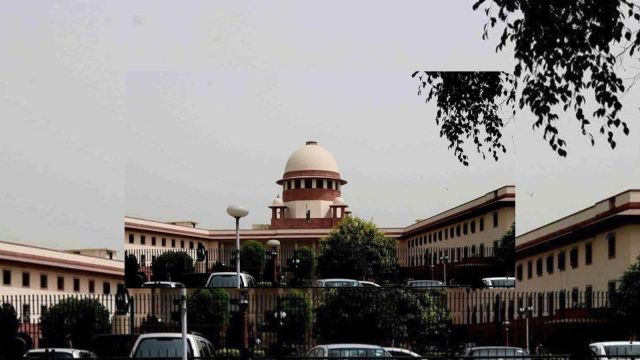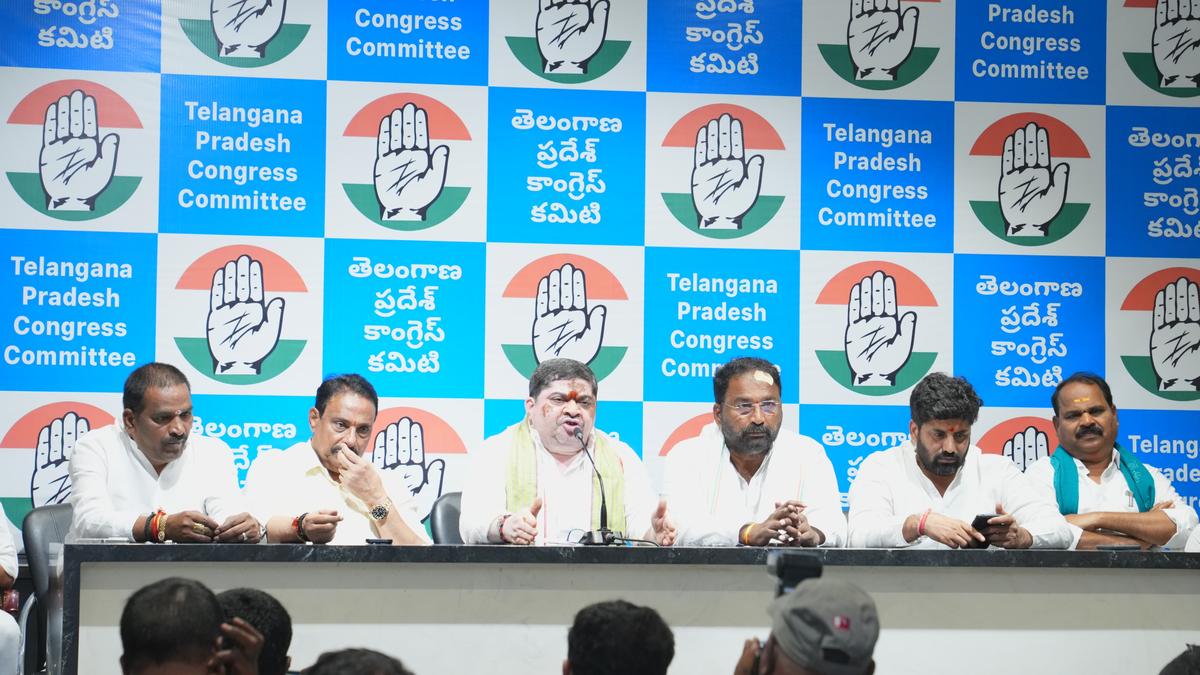ARTICLE AD BOX
 The Bathinda Family Court had allowed the husband to place reliance on recorded telephone calls with his wife to prove allegations of cruelty. (File)
The Bathinda Family Court had allowed the husband to place reliance on recorded telephone calls with his wife to prove allegations of cruelty. (File)
The Supreme Court said Monday that spouses snooping on each other is a sign of a broken relationship as it set aside the Punjab and Haryana High Court’s ruling that secretly recorded telephonic conversations of parties in a marriage cannot be admitted as evidence in divorce proceedings.
While hearing a divorce case, the Punjab and Haryana High Court held that recording the wife’s telephonic conversation without her knowledge amounts to a “clear breach of the fundamental right of the petitioner-wife, ie, her right to privacy”, and therefore, cannot be used as evidence before a family court.
“Some arguments have been made that permitting such evidence would jeopardise domestic harmony and matrimonial relationships as it would encourage snooping on the spouses, therefore, infringing the objective of Section 122 of the Evidence Act. We don’t think such an argument is tenable. If the marriage has reached a stage where spouses are actively snooping on each other, that is in itself a symptom of a broken relationship and denotes a lack of trust between them,” the bench of Justices B V Nagarathna and S C Sharma observed while pronouncing the judgment.
The Bathinda Family Court had allowed the husband to place reliance on recorded telephone calls with his wife to prove allegations of cruelty. The wife challenged this before the high court, arguing that their conversations were recorded without her consent, and allowing it to be used as evidence would breach her fundamental right to privacy.



.png)
.png)
.png)

























 English (US) ·
English (US) ·